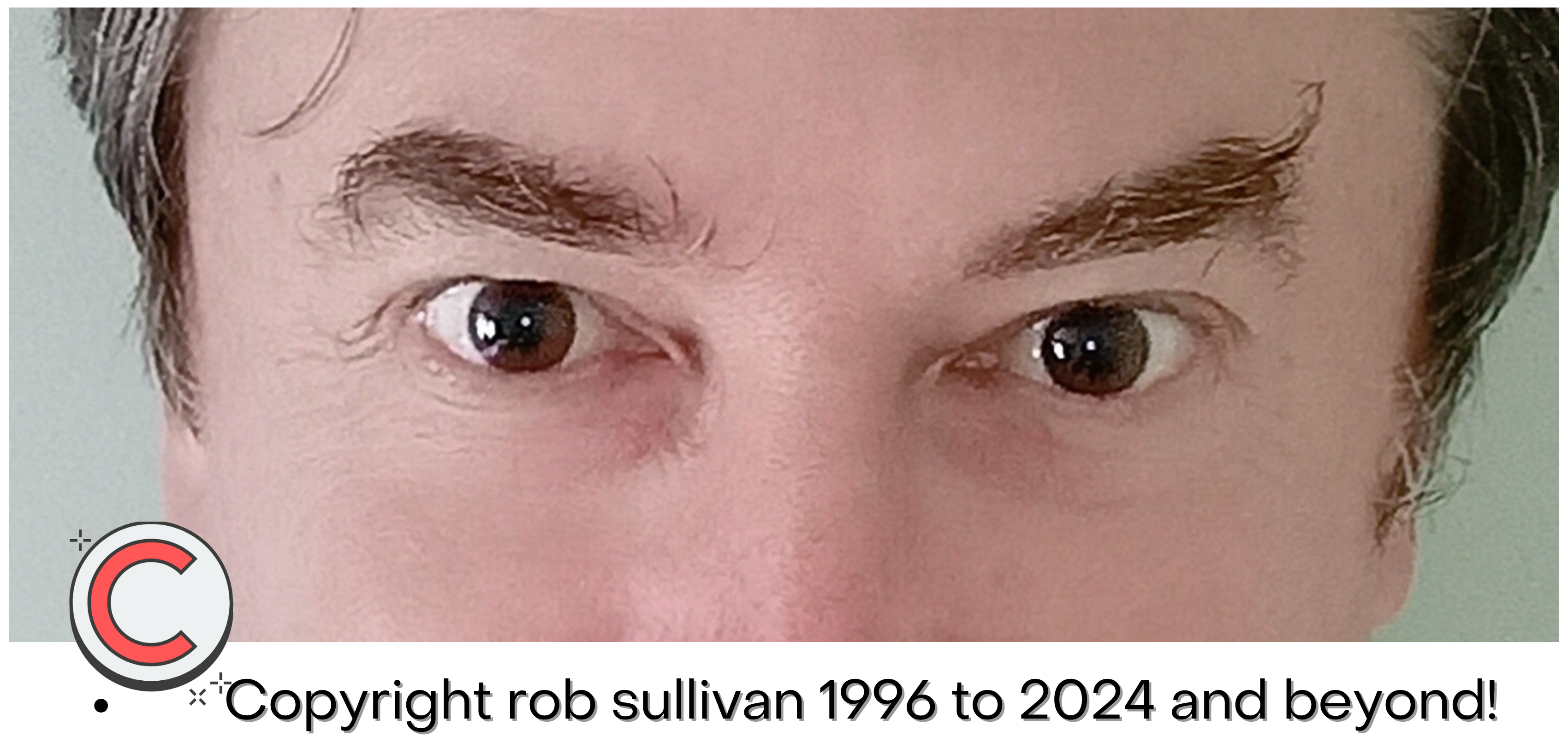ADVERBS
IF LIFE IS FULL OF MOTION, THEN ADVERBS SHOW HOW THINGS CHANGE. They describe where, when, how or why something was done. They can even indicate that something hasn't happened yet. Many adverbs end with a "~ly", making them easy to identify. These are the regular adverbs. However, irregular adverbs are harder to spot. For example, both the words "here" and "there" are adverbs, as they indicate where something happened. "Someday" is another adverb, as it indicates when something will happen.
I often go to the gym (Frequecy)
I went to the gym yesterday (Time)
Tell Me So
We use “so” to accompany adjectives, whereas “such” goes before noun phrases (like “a high-skilled person”.) Furthermore, the construction that were trying to make is “so/such + that + certain result”, so you shouldn’t use “who”. Actually, the correct way to say your sentence would be, “He wasn’t such a high-skilled person that he needed to be made Prime Minister”. "So" can also express purpose, or the reason why something is done. "Also" is a focusing adverb, like the aforementioned "even".NEGATIVE ADVERBS
NEGATIVE ADVERBS can be added to the beginning of a sentence to add emphasis. In such sentences, the normal sentence structure is inverted.Never had Reith seen so wary and mean-spirited a people (Inverted order)
ADVERBIAL CLAUSES
ADVERBIAL CLAUSES modify the verb in a sentence, or an adjective or another adverb. They explain why, when and how things happen. Adverbial clause of reason: "Because of this... Since... etc." They also show contrast, purpose and result. Unlike adjective clauses, adverbial clauses enjoy some flexibility as to where they are placed in the sentence. Quite often the trigger conjunction "where" will follow a verb or adverb, not a noun, as in these examples: "I'm not sure WHERE she lives." "My son told me another fight broke out WHERE he eats lunch at the school." That said, "where" does sometimes follow a noun directly, as in this example: "There is a spooky house WHERE the street ends." However, you could rewite the sentence to "WHERE the street ends, there is a spooky house" and it would still make sense. Some of my students confuse "before" and "until". "I watched the movie until the end, even though it was not very interesting."



I teach the following kinds of lessons Australian English |
Business English
| Conversation Practice | Grammar Mistakes | Kids Classes | Test Preparation | Writing & Editing
Book a trial lesson with me TODAY!

 If this page has enriched your life, send me a donation at the following Dogecoin address:
If this page has enriched your life, send me a donation at the following Dogecoin address:DT5kAdjBt9wwsRJrVTr2F6gF6UDqJqCXwf